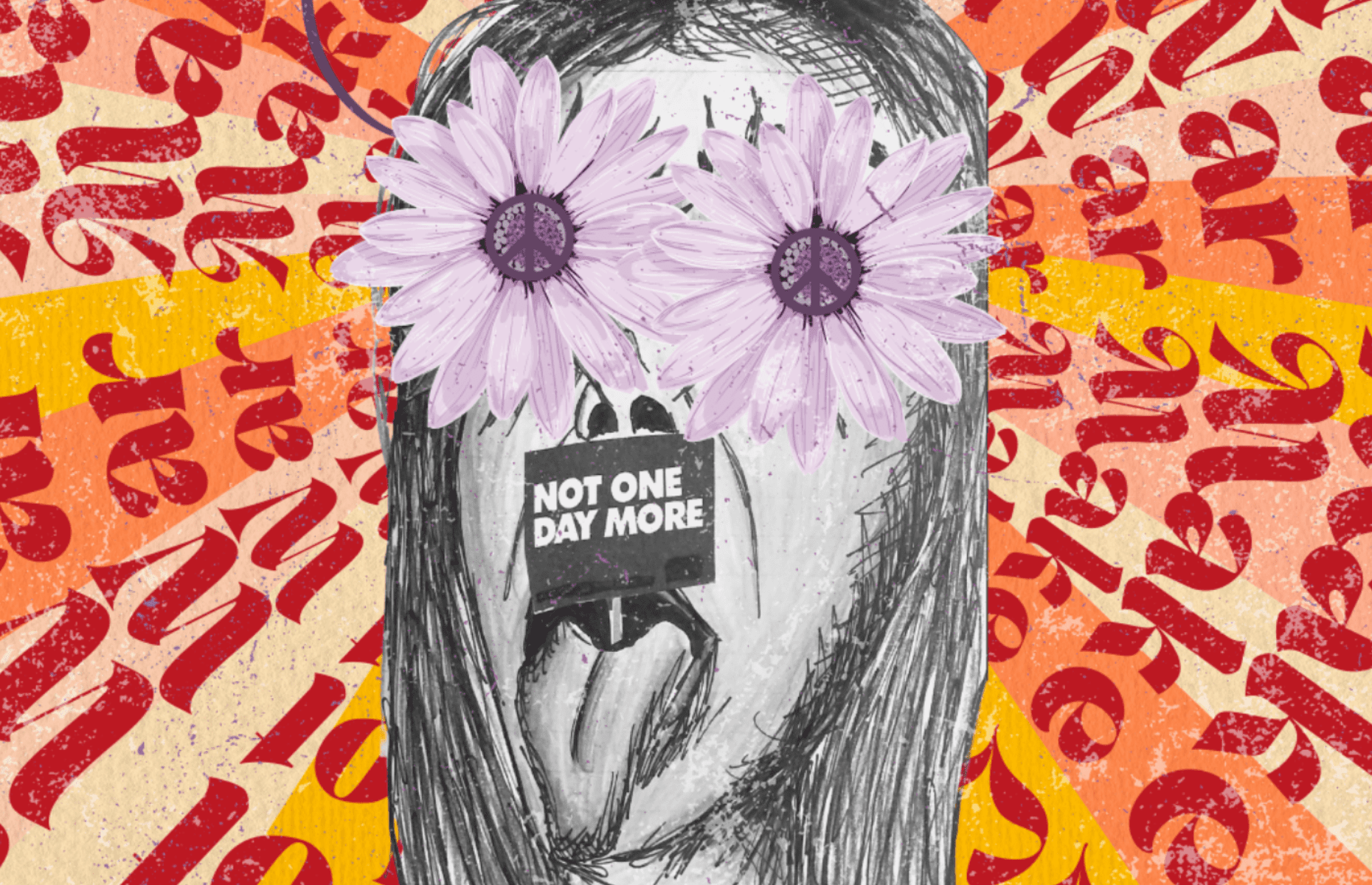When I was a kid, I was told by a grownup that I was lucky to grow up in a time of peace. Of course, I hit about age 10 and realised that was a lie. Then I hit about age 20 and said: why don’t we bring back the peace movement?
Our parents and grandparents came of age when the peace movement was having a real moment. That’s because their parents and grandparents came of age when war was having a real moment.
My desire to revamp the peace movement left as swiftly as it arrived. But it did leave me wondering where the bloody hell the peace movement went. A brief night’s critical thinking revealed that it had dissipated for reasons that render it inadequate to truly meet the needs of current issues.
The most obvious link to its contemporary irrelevance is that there isn’t a draft. The impact of war on people in the West’s individual lives is no longer present. Why do I need to protest against war if I don’t need to go to war? While this is a woefully unempathetic response, it’s unfortunately true that people are self-concerned, and more willing to fight against something which threatens their own wellbeing.
Post 9/11, the sentiment around the soldier as a hero of the past has shifted to framing them as a modern martyr. The culture which fuels Americans’ obsessive-posting of ‘military dad returns’ YouTube videos (maybe just don’t send him in the first place?) means people are more cognisant of the personal offence that an anti-war movement might cause. You want the troops out of Iraq? Hey, that’s my Dad you’re talking about!
Previously, to call for peace was to ask that what happened to your grandparents never happens again. The goal was to prevent trauma, to not get drafted, and to not inflict harm on civilians. But when there is a “war on terror”, and there are people (allegedly) trying to fight it for the sake of innocent people, it’s a harder moral request to ask them to stop.
The anti-war movement was creative and recreational. Nobody has time for that bullshit anymore. It was all sitting around, playing guitars, smoking joints. And ultimately, this was half the problem. The actual goal of the peace movement was never clear: so we end war, that’s great – but what do we do with the whole world of injustices left in our hands?
And of course, war isn’t televised with the freedom that it used to be. The anti-war movement which grew in the 60s was largely because for the first time, people were seeing the gruesome, inhumane impacts of war on their television screens. Dead bodies, innocent people hurting. Now, the only way to access such truths is in independent inquiries.
Modern war is more coercive, more subtle. There’s more corporate money in it and less public say in how it happens. These aren’t things a peace movement would solve – they’re things political action will solve. The injustice which faces us is rather unpeaceful: the global rise of neo-nazis, institutional racism, violence and poverty.
We need to think of realistic solutions. For peace, there must be war.





